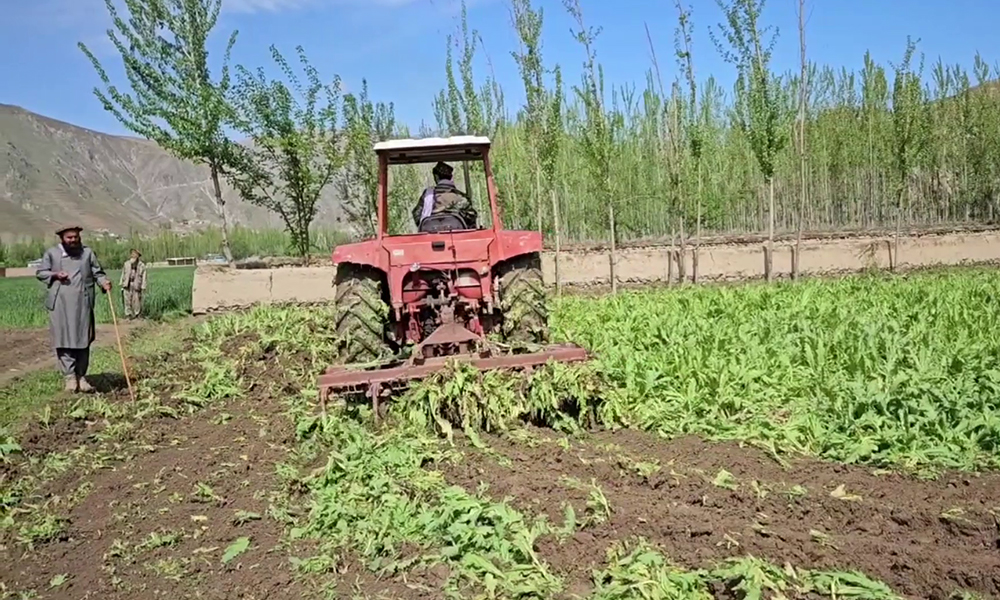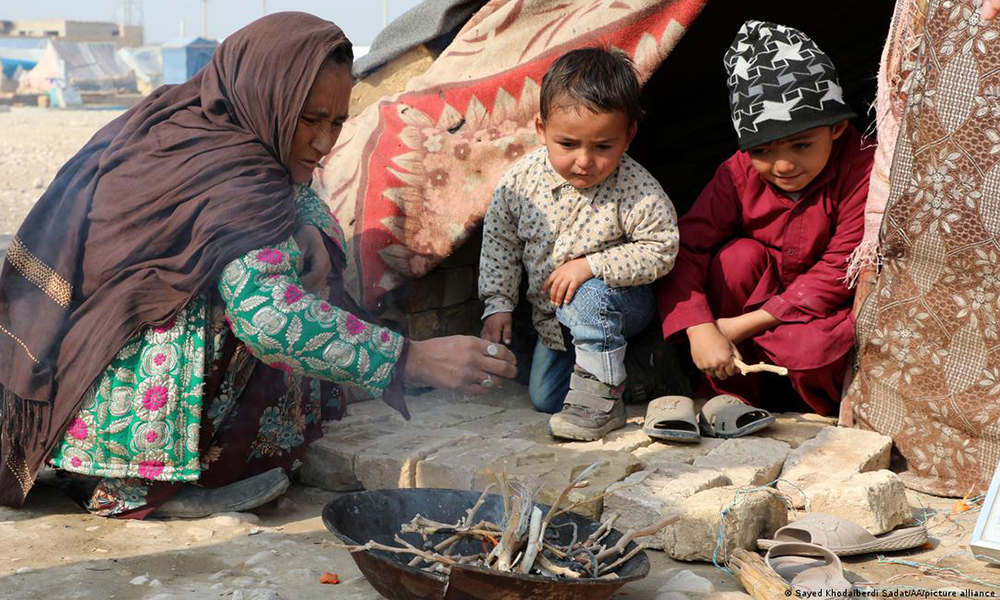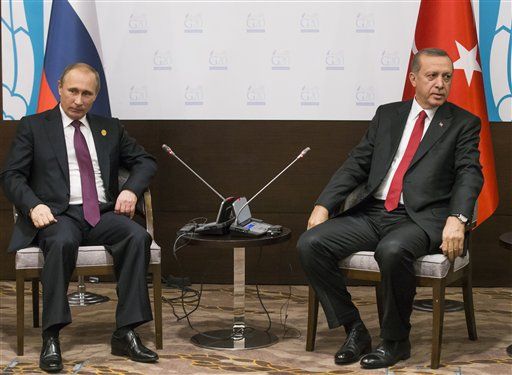Latest News
Putin orders sanctions against Turkey after downing of jet

Russian President Vladimir Putin on Saturday called for sanctions against Turkey, following the downing this week by Turkey of a Russian warplane.
The decree published on the Kremlin’s website Saturday came hours after Turkish President Recep Tayyip Erdogan had voiced regret over the incident, saying his country was “truly saddened” by the event and wished it hadn’t occurred.
It includes a ban on some goods and forbids extensions of labor contracts for Turks working in Russia as of Jan. 1. It doesn’t specify what goods are to be banned or give other details, but it also calls for ending chartered flights from Russia to Turkey and for Russian tourism companies to stop selling vacation packages that would include a stay in Turkey.
Prime Minister Dmitry Medvedev earlier in the week had ordered his cabinet to develop a list of goods to be sanctioned.
Putin’s decree also calls for ending visa-free travel between Russia and Turkey and orders the tightening of control over Turkish air carriers in Russia “for security reasons.” The decree was issued “to protect Russian citizens from crimes,” a Kremlin statement said.
Erdogan’s expression of regret Saturday was the first since Tuesday’s incident in which Turkish F-16 jets shot down the Russian jet on grounds that it had violated Turkey’s airspace despite repeated warnings to change course. It was the first time in half a century that a NATO member shot down a Russian plane and drew a harsh response from Moscow.
“We are truly saddened by this incident,” Erdogan said. “We wish it hadn’t happened as such, but unfortunately such a thing has happened. I hope that something like this doesn’t occur again.”
Addressing supporters in the western city of Balikesir, Erdogan said neither country should allow the incident to escalate and take a destructive form that would lead to “saddening consequences.”
He renewed a call for a meeting with Putin on the sidelines of a climate conference in Paris next week, saying it would be an opportunity to overcome tensions.
Erdogan’s friendly overture however, came after he again vigorously defended Turkey’s action and criticized Russia for its operations in Syria.
“If we allow our sovereign rights to be violated … then the territory would no longer be our territory,” Erdogan said.
Turkish Prime Minister Ahmet Davutoglu also said he hoped a meeting between Erdogan and Putin would take place in Paris.
“In such situations it is important to keep the channels of communication open,” he said.
Putin has denounced the Turkish action as a “treacherous stab in the back,” and has insisted that the plane was downed over Syrian territory in violation of international law. He has also refused to take telephone calls from Erdogan. Putin’s foreign affairs adviser, Yuri Ushakov, said Friday that the Kremlin had received Erdogan’s request for a meeting, but wouldn’t say whether such a meeting is possible.
Asked why Putin hasn’t picked up the phone to respond to Erdogan’s two phone calls, he said that “we have seen that the Turkish side hasn’t been ready to offer an elementary apology over the plane incident.”
After the incident, Russia deployed long-range S-400 air defense missile systems to a Russian air base in Syria just 50 kilometers (30 miles) south of the border with Turkey to help protect Russian warplanes, and the Russian military warned it would shoot down any aerial target that would pose a potential threat to its planes.
On Saturday Turkey issued a travel warning urging its nationals to delay non-urgent and unnecessary travel to Russia, saying Turkish travelers were facing “problems” in the country. It said Turks should delay travel plans until “the situation becomes clear.”
Written by: AFP

Latest News
Over 6,000 acres of land cleared of poppies in Badakhshan

Badakhshan Police Command says it has cleared more than 6,000 acres of poppy fields in northern Badakhshan province.
The anti-narcotics department of Badakhshan Police Command says that since the beginning of the campaign to destroy the poppy fields in this province, they have cleared more than 6,000 acres of land.
According to these officials, poppies have however been planted in more than 10 districts this year.
The anti-narcotics department of the Badakhshan Police Command says that the campaign to destroy the poppy plantations started two months ago and continues.
According to the officials, during this period, 6,300 acres of land has been cleared.
Some of the farmers whose fields were destroyed say that poppy is more profitable than other agricultural products, but now that their land has been cleared, they want alternative crops.
According to the officials, Kishim, Argo, Darayimand and Jurm districts are among the districts where poppies are cultivated.
Latest News
MSF ‘deeply concerned’ over new phase of deportations of Afghans from Pakistan

Médecins Sans Frontières (MSF) said Wednesday it was deeply concerned for the rights and welfare of Afghan refugees in Pakistan in the wake of the recent announcement by Islamabad that it plans to start Phase Two of the deportation campaign.
Pakistan is home to an estimated 3.7 million Afghans, and a reported 500,000 have crossed the border so far.
Many Afghans living in Pakistan have been there for decades and have spent more time in the country than their country of origin, without any legal recourse to remain in the only place they can effectively call “home”.
For many Afghans, Islamabad’s “repatriation” campaign means packing up their belongings and carrying them on a horse, cart, car and bus and traveling en masse to a country that is already struggling with widespread poverty, inadequate health services and increased restrictions on women, MSF said in a statement.
The second phase of the deportations leaves an estimated 800,000 Pakistan-issued Afghan Citizen Card (ACC) holders vulnerable to return, while phase three is expected to result in the further deportation of UNHCR-issued Proof of Registration (PoR) card holders, MSF said.
MSF first started working in Pakistan in 1986, and today provides much-needed medical care to people in Balochistan, Khyber Pakhtunkhwa and Sindh provinces.
The Islamic Emirate of Afghanistan (IEA) and UN agencies estimate that more than half a million people have been deported from Pakistan or voluntarily returned to Afghanistan in the past six months.
The United Nations High Commissioner for Refugees said last month that nearly two million Afghan refugees are living in Pakistan and that the agency needs $368 million this year to assist these people.
Latest News
2023 marred by ‘tremendous challenges’ for Afghanistan

Last year, 2023, was a year of “tremendous challenges” for the people of Afghanistan, but it was also a year marked by resilience and determination, the Deputy Special Representative of the Secretary-General, Resident and Humanitarian Coordinator, Indrika Ratwatte, said in the UN’s annual report on Afghanistan that was published this week.
Ratwatte said: “In the face of adversity and multiple concurrent shocks, the people of Afghanistan have demonstrated remarkable courage and strength.”
Afghans now mention access to food as their most pressing need, he said adding that “unable to pay for or produce basic sustenance, millions face hunger and malnutrition.”
In 2024, an estimated 15.8 million people will experience crisis and emergency levels of food insecurity.
The majority of the population is unable to procure basic needs such as healthcare, food, livelihoods, and housing, the report stated.
The UN found that the country also remains vulnerable to climate change.
Following the worst drought in three decades, emerging El Niño conditions now threaten a new cycle of flooding and crop pests. In this context, lifesaving humanitarian aid has been crucial in preventing the collapse of the social fabric. It has also served to underpin the stability of the economy. Despite growing humanitarian needs, relevant funding cuts have forced humanitarian actors to prioritize the most vulnerable further, the report stated.
A Gallup poll found that 95 percent of the population consider themselves to be suffering. In addition to living in poverty, the average life expectancy in Afghanistan has been falling for the past five years.
The Herat earthquakes and unprecedented large-scale returns of refugees from neighbouring countries, including Pakistan and Iran, have shown the disruptive impact of recurrent shocks and underscored the need for sustained international engagement and support, the UN stated.
“As we embark on the next chapter, in 2024, it is imperative that we remain steadfast in our commitment to the principles of human rights, gender equality, and women’s Empowerment,” Ratwatte said.
“We will continue to include women as key partners in our work, to provide assistance ‘by women, for women’, and to tirelessly work for equal access to education in line with the demands we hear from Afghans in all areas of the country,” he said.
However, from an economic point of view, Afghanistan’s economy appears to be stabilizing at a low equilibrium level following a period of significant contraction since 2021.
The UN said in the report that growth barriers include severely restricted operations in the banking sector (including microfinance institutions), trade disruptions, and institutional issues hindering service delivery, including in the private sector.
“The sudden cessation of a significant amount of international aid and grants, which had accounted for 40 percent of the country’s Gross Domestic Product (GDP), along with a freeze on international reserves amounting to about US$9 billion and the imposition of international sanctions, caused a severe balance of payments, banking and payment systems crisis.
“Notably, financial restrictions have removed liquidity from the banking system,” the report stated.
Despite the crisis and a period of devaluation towards the end of the year, the AFN is 20 percent stronger than it was in 2021 due to currency export controls, UN cash shipments of US dollars into Afghanistan, and personalremittances.
Imports continued to surpass exports through 2023 and increased as the economy contracted.
“This appears to be a paradox: the currency appreciated while the trade deficit widened, suggesting that there might be other unidentified sources of financing besides US dollar cash shipments and remittances to support the account deficits,” the report read.
The UN also said that with its partners, it will work to initiate a dialogue with the Islamic Emirate on adjustments to regulatory frameworks and sustained public service delivery with the aim of creating a long-term and sustainable pathway to reduce aid dependency and put Afghanistan back on a path towards development
“In this regard, we reiterate our offer to the DFA for a dialogue and will work jointly with international partners, donors, and Afghans on how such engagement can be structured in a most productive way.”
-

 Sport5 days ago
Sport5 days agoACL draw to be broadcast live on ATN channels
-

 Regional5 days ago
Regional5 days agoIRGC chief warns of harsher response if Israel attacks Iran
-

 Sport4 days ago
Sport4 days agoACL fever grows as fixtures finalized
-

 World4 days ago
World4 days agoUS will not take part in any Israeli retaliatory action against Iran
-

 Latest News4 days ago
Latest News4 days agoOver 50 people dead in traffic accidents over Eid
-

 Latest News4 days ago
Latest News4 days agoUS identifies Kabul airport suicide bomber
-

 Business4 days ago
Business4 days agoAfghanistan-Kazakhstan chamber of commerce opens in Herat
-

 Latest News4 days ago
Latest News4 days agoGood rains enable DABS to increase power production in Kabul
















